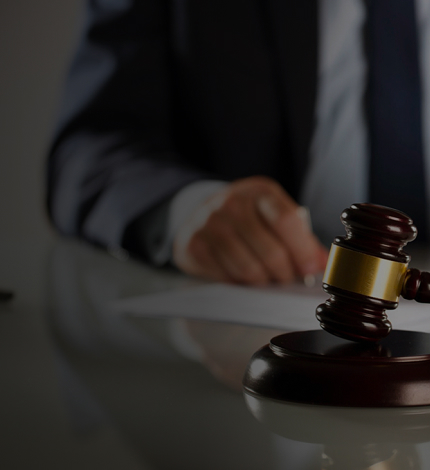
Concussions are a common type of traumatic brain injury (TBI). They can cause long-term effects, even if the symptoms seem mild. If you or someone you care about has a concussion injury from someone else’s carelessness, it’s important to know the medical and legal aspects. This knowledge helps you protect your rights and seek compensation.
What Is a Concussion?

A concussion is a mild TBI typically caused by a blow to the head, a jolt, or violent shaking of the body that causes the brain to move within the skull. Concussions are labeled as “mild” since they rarely cause death.
However, they can affect brain function and lead to serious long-term issues. This is especially true if they go untreated or if a person suffers multiple concussions over time.
Common causes of concussion injuries include:
- Car accidents
- Slip and falls
- Workplace accidents
- Sports-related collisions
- Physical assaults
A concussion may result in various symptoms that appear immediately or develop over hours or days.
Signs and Symptoms of a Concussion
Concussion symptoms vary depending on the individual, the severity of the trauma, and any history of prior TBIs. Immediate medical evaluation is important for diagnosing and monitoring a concussion.
Some of the most common symptoms include:
- Headache or pressure in the head
- Dizziness or loss of balance
- Confusion or memory problems
- Nausea or vomiting
- Sensitivity to light or sound
- Fatigue or drowsiness
- Difficulty concentrating
- Mood changes or irritability
- Sleep disturbances
If a concussion is suspected, individuals should avoid physical activity and screen time until cleared by a medical professional. Failing to take proper precautions can increase the risk of second impact syndrome or post-concussion syndrome.
Long-Term Consequences of Concussions
While many concussion victims recover fully within a few weeks, others experience lasting effects. These can include chronic headaches, cognitive impairment, emotional disturbances, and difficulties with work or daily activities. Repeated concussions may contribute to degenerative brain diseases such as chronic traumatic encephalopathy (CTE).
In some cases, concussion symptoms persist for months, a condition known as post-concussion syndrome. This may significantly impact a victim’s ability to maintain employment, care for family members, or enjoy daily life.
Compensation for a Concussion Injury in Georgia
Georgia law allows injury victims to pursue compensation when their concussion results from another party’s negligence. This can include motor vehicle crashes, premises liability incidents, workplace injuries, or any other accident caused by carelessness or misconduct.
Recoverable damages in a concussion injury case may include:
- Medical expenses for diagnosis, treatment, and follow-up care
- Lost wages and reduced earning capacity
- Pain and suffering
- Emotional distress
- Loss of enjoyment of life
- Costs of therapy or rehabilitation
Punitive damages may also be available in cases involving gross negligence or intentional harm.
Proving Negligence in a Georgia Injury Case
To recover damages, a plaintiff must demonstrate that the defendant owed them a duty of care, breached that duty, and caused their injuries. Georgia follows a modified comparative fault rule with a 50% bar. This means you can recover damages only if you are less than 50% at fault for the accident. Any compensation you receive will be reduced by your percentage of fault.
For example, if you were found to be 20% at fault for a car accident that caused your concussion, your total compensation would be reduced by 20%.
Georgia’s Statute of Limitations for Personal Injury Claims
Under Georgia law, you have two years from the date of the accident to file a personal injury claim. You may lose your right to recover compensation if the claim is not filed within this window.
Because concussions can result in delayed symptoms, it is important to seek legal guidance as soon as possible to ensure your case is filed on time.
Importance of Documenting Your Injury
To build a strong personal injury claim, victims should keep detailed medical records, document all symptoms, and retain copies of related expenses. It may also help to maintain a daily journal that describes the physical and emotional impact of the concussion.
Statements from witnesses, accident reports, photographs, and expert testimony can further support your claim and demonstrate the extent of your damages.
Contact Our Tifton Personal Injury Lawyers for a Free Consultation
Concussions can have lasting effects on your health, livelihood, and future. At The King Firm Car Accident and Personal Injury Lawyers, we understand how serious these injuries are, even when they aren’t visible.
If your concussion was caused by a car crash, a hazardous property, or a workplace fall, you may be entitled to compensation. Our experienced personal injury attorneys are here to investigate your case, handle the insurance companies, and fight for every dollar you deserve.
Contact us today at (229) 386-1376 for a free consultation and take the first step toward recovery.
